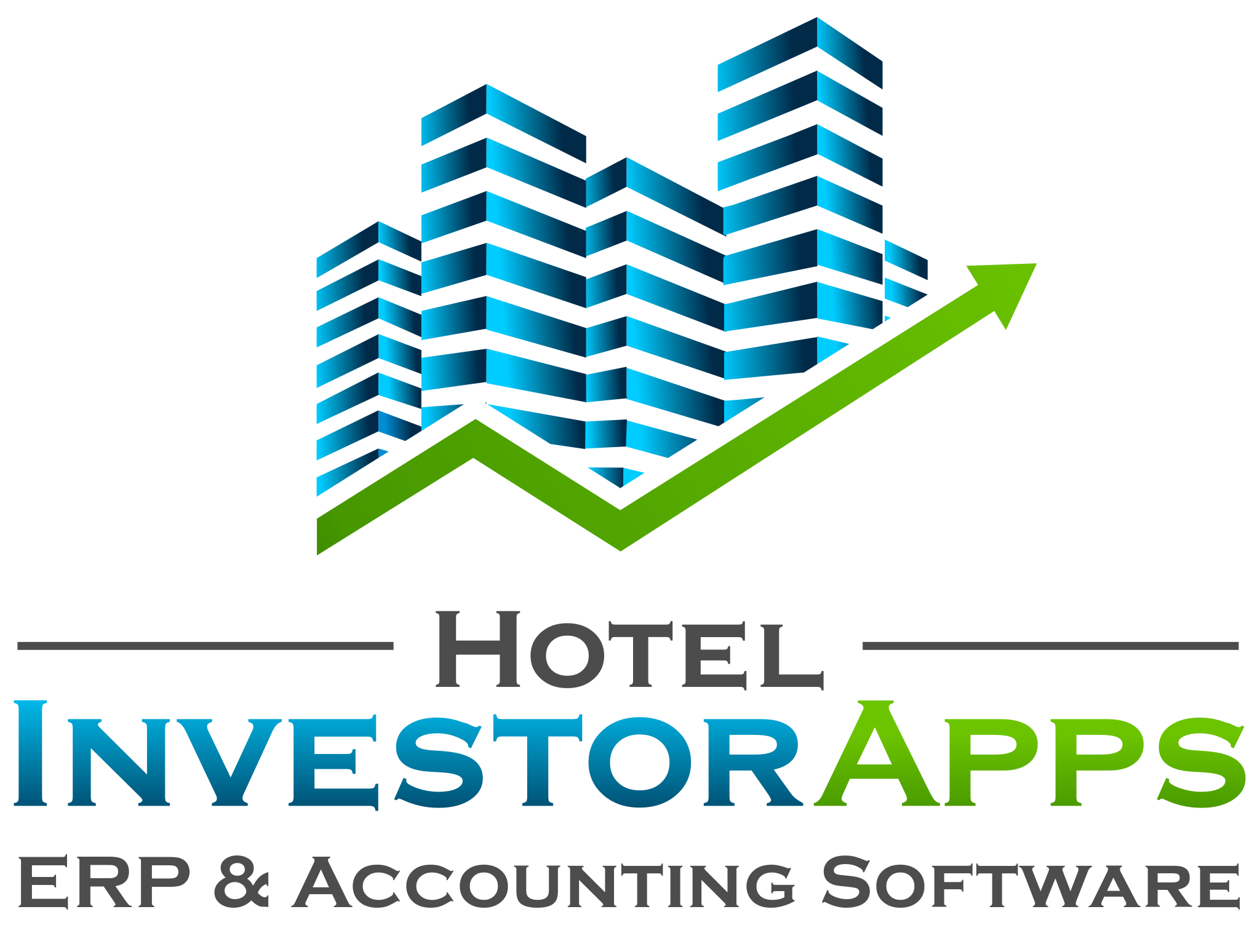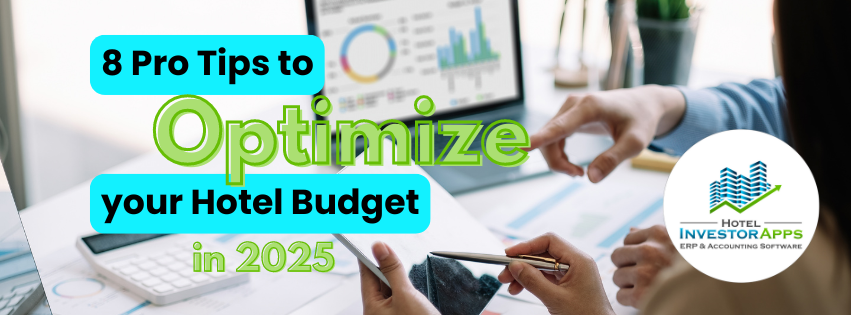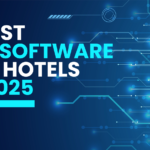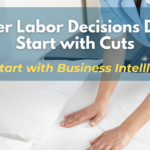We all know that hotel budgets provide a valuable reference point for informed and efficient financial management. However, the process of crafting those budgets can be complex and time-consuming.
As we look ahead to 2025, economic forecasts indicate a slowing economy, with GDP growth expected to be 2.4% over 2024, as forecasted by The Conference Board. The labor market is also projected to slow, presenting potential challenges for hiring and wage growth. In the U.S. hospitality industry, according to STR, occupancy rates are forecasted to remain level with 2024, while ADR is expected to see a modest increase of 2.0%. RevPAR growth will likely follow suit, with a slight increase of around 2.6%.
With these economic factors in mind, the pressure to set and achieve realistic financial goals while accounting for uncertainties becomes even more significant. As we enter hotel budgeting season, here are some pro tips to ensure your budget covers all the bases and prepares your property for success in 2025.
Pro Tips:
#1. Start with a P&L Report with ALL the Columns
Start by reviewing your P&L report, ensuring that it includes all key metrics and columns. Looking at the current budget, forecast, and actual performance over the past few years allows you spot trends, analyze patterns in key performance indicators (KPIs), like Gross Operating Profit Per Occupied Room (GOPPOR), budget variances, and operating expenses as a percentage of revenue, and Net Operating Income (NOI).
For deeper insights, leverage hospitality business intelligence (BI) software. Advanced filters in a BI platform can help you evaluate GOPPOR by department or time period, measure cost efficiency, and identify potential savings.
On a portfolio level, Business Intelligence can benchmark the profitability of individual departments across different hotels, offering valuable insights for resource allocation and performance optimization.
Once you have created your hotel budget, keep a running report in your Business Intelligence Dashboard comparing actual performance to budget.
See the 5 Best Business Intelligence Software for Hotels in 2024 here.
# 2. Include Workforce Productivity
Labor is one of the largest hotel expenses, so understanding workforce productivity is crucial. Accurate labor budgeting ensures optimal staff levels based on demand, helps avoid bottlenecks, and identifies areas for improvement.

Business Intelligence (BI) software with Labor Management capabilities lets you drill into labor data to measure wages as a percentage of revenue, or track metrics like measure minutes per occupied room.
Before applying an across-the-board increase in labor costs, ensure that you understand how your staffing correlates with occupancy trends, daily room sales, and overall productivity.
To dig deeper into labor management software, read “The Number One Thing You Can do to Control Labor Expense at Your Hotel Company”.
# 3 Develop a Strategic Labor Plan
Attracting and retaining talent in the hospitality sector remains a challenge, particularly in tight labor markets. Use your HR and Payroll or Labor Management software to analyze wage trends, comparing them against both broader job market data and the local hospitality landscape.
Create a proactive labor plan that accounts for wage increases and workforce needs, distinguishing between fixed and variable positions. A robust staffing formula can help you adjust labor resources based on occupancy levels.
# 4 Use the Uniform System of Accounts for the Lodging Industry (USALI)
The Uniform System of Accounts for the Lodging Industry or USALI is the standard in hotel accounting practices. The USALI framework allows you to easily compare budgets across your portfolio, or even with industry baselines. With USALI’s predefined sub-accounts, your budget will have a unified structure that avoids discrepancies between departments and that enhances both accuracy and comparability.
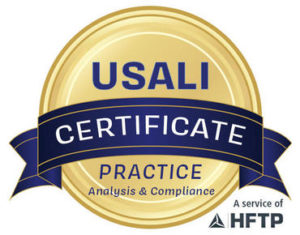
#5 Adopt a Hybrid Budgeting Approach
For a more efficient hotel budget process, consider a hybrid approach. Prioritize categories with the greatest impact on your overall budget and profitability.
In a hybrid approach, certain costs may follow a zero-based evaluation process, especially discretionary and variable expenses, however, fixed or recurring costs may use an incremental approach, or a cost per occupied room approach, considering historical data as a starting point.
Incremental budgeting assumes that current budgeted or actual expenses are the baseline and can be adjusted by a percentage either up or down. This is a good method to use for relatively fixed expenses which may change in the new budget based on simple factors such as inflation or rate changes. For instance, insurance premiums, property taxes and licenses can be easily budgeted using the incremental method.
Cost per Occupied Room budgeting allocates expenses based on the number of rooms occupied. This method is best for expenses which fluctuate based on occupancy levels, such as utilities, laundry, operating supplies, etc.
Zero-Based Budgeting starts each line item at zero and every expense needs to be justified. This is a good exercise if there are any expense categories which, based on historical analysis and business intelligence benchmarking, are suffering from bloat and there could be room for cost savings. Additionally, zero-based budgeting is useful to evaluate the ROI for initiatives such as marketing campaigns or sustainability programs. It is also helpful to assess your technology and invest in upgrades to align software capabilities with your business goals.
#6 Plan for “What-If” Scenarios
In the hospitality industry, unpredictability is a given. There will be demand fluctuations from seasonality, new competition, and broader economic influences which can alter performance outcomes. When you use budgeting software with the capability to create multiple budgets, you can address many of these “what if” scenarios, ensuring you’re prepared for difference potential outcomes.
For instance, what if the new hotel down the street opens in March and has a fast ramp up? Or what if the new hotel is delayed until June and then it also has a slower ramp up? Gain a better handle on expected outcomes when you have a financial plan that fits the reality.
With flexible budgeting tools, you can develop more accurate financial projections and stay ahead of the curve.
Learn more about the advantages of integrated accounting and budgeting software here.
# 7 Leverage Your Forecast as a Strategic Tool
A forecast is more than just an updated version of your budget—it’s a powerful strategic tool that can help guide decision-making throughout the year. While your budget provides a fixed financial plan based on assumptions made at the beginning of the year, the forecast adapts to real-time data, making it a crucial resource for navigating changing market conditions and internal performance. By using forecasting as a proactive tool rather than just a reactive one, your hotel can better navigate the complexities of a dynamic hospitality landscape.
#8 Invest in a Robust Tech Stack:
Creating accurate hotel budgets requires a solid technology infrastructure. Without centralized systems to maintain consistent data across departments, budgeting becomes prone to errors. Evaluate your existing tech solutions—are they meeting your needs, or are they slowing your team down with manual tasks? Investing in comprehensive and efficient hotel technology is crucial in creating more accurate budgets.
Here are a few solutions to look at:
- Hotel ERP and Accounting Software: Modernize your accounting with an ERP platform with industry integrations for PMS, POS, comp set data, and guest satisfaction along with advanced capabilities for custom financial reports, ease-of-use, and access to real-time financial data.
- Built-in Budgeting Software: Eliminate the errors of manually exported and imported budgets, and budgets not tied to specific accounts, with a hotel ERP platform which includes a budgeting module for better accuracy, accessibility, and control.
- Business intelligence for Operations: Sync your hotel financials with a business intelligence tool that lets you easily filter your data to benchmark expenses, evaluate cost efficiency and profitability.
- Business intelligence for Labor Management: When you tightly integrate accounting and time & attendance data, you get insights impossible with either data set alone. Monitor staff productivity with key KPIs like Labor Cost Percentage (LCP), Labor Cost per Occupied Room (LCOR), hours per room, overtime costs, and more.
There is only one solution in the hospitality industry that brings these software capabilities together under a single platform: Hotel Investor Apps ERP & Accounting Software (HIA).
Conclusion
Mastering the budgeting process is essential to running a profitable hotel. By following these pro tips—leveraging technology, analyzing data, and planning for uncertainty—you’ll create a budget that not only guides your financial decisions but also positions your properties and hotel company for success.
If you are ready to take your hotel technology to the next-level with accurate, real-time financial reports, built-in budgeting software, and built-in business intelligence for operations and labor management, reach out to Hotel Investor Apps to learn more.

Jaime Goss has over a decade of marketing experience in the hospitality industry. At Hotel Investor Apps, Jaime heads up marketing initiatives including brand strategy, website design, content, email marketing, advertising and press relations.
